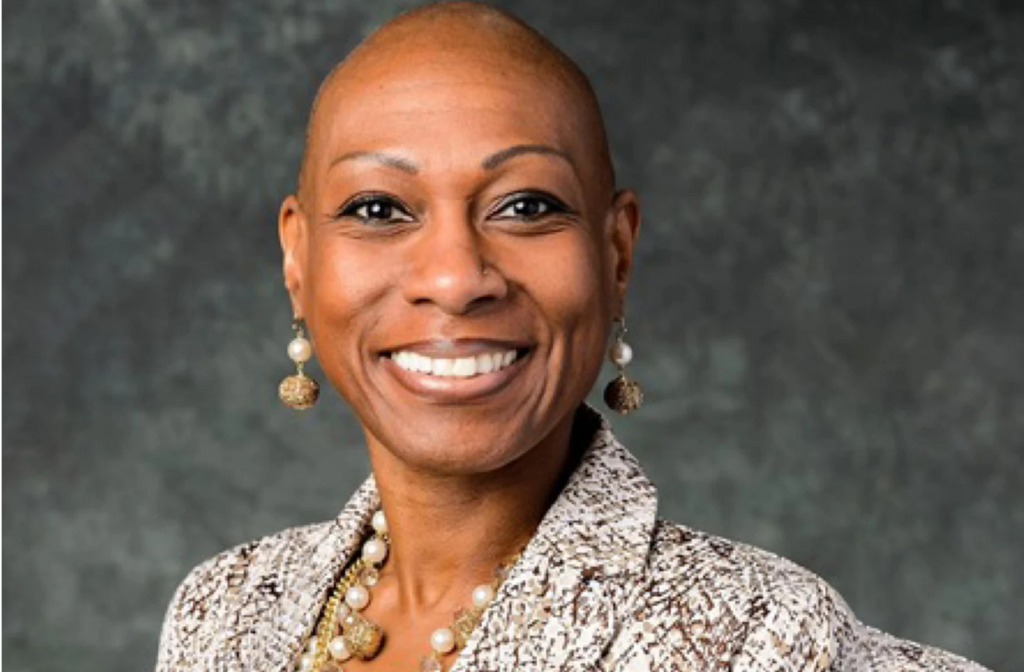By Nadra Nittle/Originally published by The 19th
Lincoln University’s national alumni association is objecting to the school’s decision to keep John Moseley as president after a Black woman administrator who accused him of bullying took her own life earlier this year.
The alumni association said in a letter that it was issuing a statement of “no-confidence” in the university’s “ability to bring forward an effective leader who can bring healing to this institution of higher education” after Lincoln University (LU) announced on Thursday that an independent investigation into Antoinette “Bonnie” Candia-Bailey’s claims of mistreatment had cleared Moseley and other school officials of wrongdoing.
“This decision is unacceptable!” Sherman Bonds, president of LU’s national alumni association, wrote in a statement to Lincoln University’s Board of Curators, its governing body. “This decision will continue to fester an open wound of hopelessness and despondency. No individual is above the health and well-being of the university.”
Candia-Bailey, vice president of student affairs, died by suicide in January after alleging that Moseley and other school officials forced her out of the position following her request to go on leave to manage “severe depression and anxiety.” Her death sparked a national dialogue about the challenges Black women face in higher education, and it drew unprecedented attention to the historically Black college in Jefferson City, Missouri, as LU students and alumni demanded the firing of Moseley, who is White.
Moseley voluntarily went on paid administrative leave as a third-party team of investigators led by attorney Ron Norwood at Lewis Rice LLC looked into Candia-Bailey’s claims about LU officials. Stevie Lawrence II, provost and vice president of academic affairs, served as acting president during Moseley’s time away. In a statement about its decision to bring Moseley back from paid leave, LU said that Lewis Rice reviewed “thousands of pages of documents” and “conducted dozens of hours of interviews with 24 Lincoln University employees and leaders.” In the end, the law firm reported that it “did not find any correspondence sent by President Moseley that they would consider to be bullying.”
The university, however, did not offer a definition of bullying. It also remains possible that Candia-Bailey experienced bullying in ways that were not recorded in writing.
Bonds told The 19th that the alumni association disputes that the investigation was truly independent, calling it “flawed.” He said that LU officials set the parameters for the process and used their own testimony, along with that of others, to vindicate themselves.
In addition to their other findings, the investigators determined that the institution did not mishandle Candia-Bailey’s request for leave for her mental health problems because she had been employed by the university for less than a year and did not qualify for time off under the Family Medical Leave Act.
In light of the discussion Candia-Bailey’s suicide has sparked about mental health on campus, LU said that it is working to expand mental and behavioral health support for students and staff.
But the alumni association stated that the decision to return Moseley to his role “implodes the very fabric of healing an institution’s dire need for recovery and wellness.” Having issued a statement of no confidence, the alumni group is calling on members of the university’s governing board to step down.
“The Board of Curators has fallen short in your service to humanity. Now exit with dignity, to do less is unacceptable,” the alumni statement said.
Bonds said that he has heard that some alumni won’t attend campus events or donate money to LU until Moseley is gone. Some students may decide to leave the university.
“My job is to ensure that I can minimize the damage, but there is damage,” Bonds said. “People say they’re not giving until there’s change. You have people who will not come to homecoming. You have people who are just despondent. You have to give them an opportunity to recover.”
He said that he wept over the decision and that “students are totally devastated.”
Students and alums have used the social media hashtags #firemoseley and #JusticeforBonnie to focus attention on Candia-Bailey’s allegations. They have protested on campus repeatedly on her behalf.
Candia-Bailey’s suicide is just one of a series of “horrible” events that have affected Black women in the academy over the past year, Angela Neal-Barnett, a professor in Kent State University’s Department of Psychological Sciences, told The 19th in February.
She mentioned Claudine Gay’s departure from Harvard University in January after plagiarism allegations amid campus conflicts over Israel’s war on Gaza. Neal-Barnett also discussed the death in September of Temple University’s acting president, JoAnne A. Epps, who collapsed during a memorial service for another Black scholar at Temple.
“Currently, most Black female academicians, regardless of where they are, are not feeling safe,” said Neal-Barnett, director of Kent State’s Program for Research on Anxiety Disorders among African Americans. “It’s just literally exhausting to be a Black female in the academy right now.”
Black women are seen as lesser or that they’re simply “DEI hires,” she said, “that they didn’t earn” their positions.
Bonds said that LU students and alumni will continue to fight for justice for Candia-Bailey.
“We still want the president to resign,” he said. “And we want the Board of Curators whose terms are expiring to vacate their seats.”
Disclosure: Ron Norwood is the father of Candice Norwood, a reporter for The 19th.

